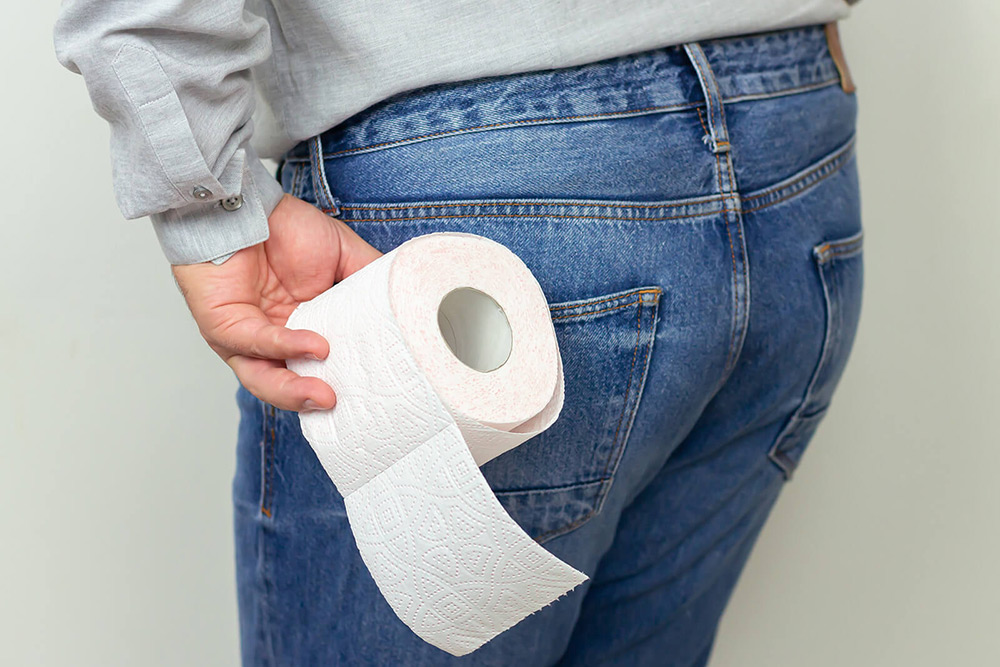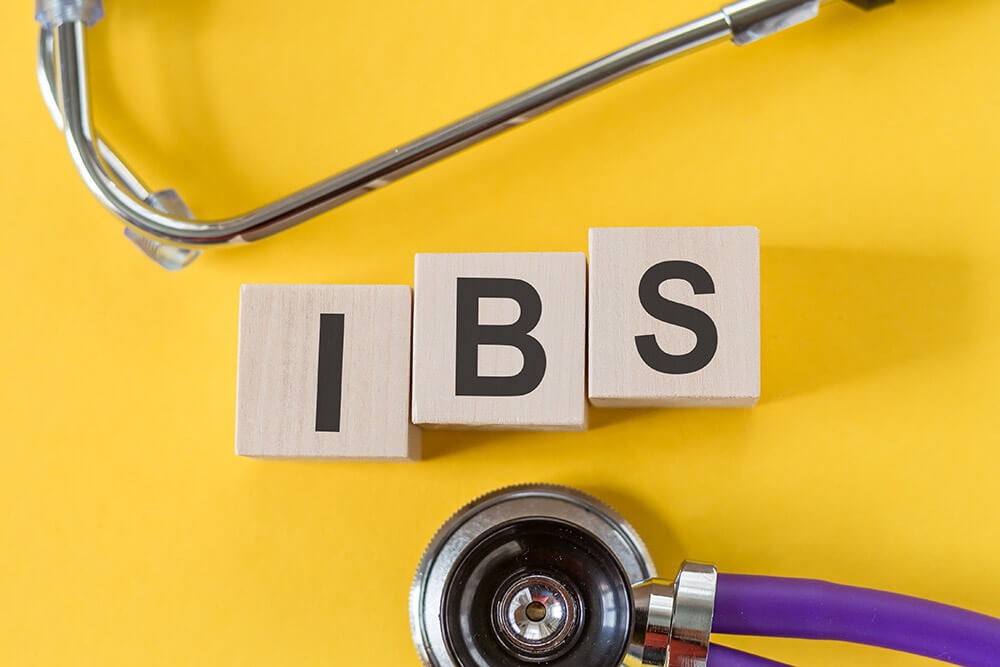What Is Irritable Bowel Syndrome (IBS)?
Irritable Bowel Syndrome (IBS) is a common functional gastrointestinal disorder that causes belly pain, bloating, gas and changes in bowel habits (diarrhea, constipation or both) without causing any structural damage to the intestines. The ICD-10 code for IBS is K58.
Common Causes and Risk Factors
- Disrupted communication between the brain and the gut
- Abnormal intestinal motility (too fast or too slow transit)
- Certain trigger foods (FODMAPs, caffeine, spicy foods, etc.)
- Emotional stress, anxiety or past trauma
- Family history of IBS
Signs and Symptoms
- Abdominal pain or cramping relieved by a bowel movement
- Bloating, gas or a feeling of fullness
- Episodes of diarrhea, constipation or alternating between the two
- Visible mucus in the stool
- Urgent need to use the bathroom
Expert Treatment for Irritable Bowel Syndrome (IBS) by Dr. Bharat Pothuri
Dr. Pothuri uses a step-by-step approach:
Medical History and Symptom Review
He discusses your abdominal pain patterns, stool habits (diarrhea, constipation, or both), bloating triggers, diet, stress levels, and family history of IBS.
Physical Examination
He examines your abdomen for tenderness, distension, bowel sounds, and signs of other disorders.
Laboratory Testing
- Blood work to rule out anemia, thyroid dysfunction, celiac disease, and inflammatory markers.
- Stool studies to exclude infections, parasites, or signs of inflammation (calprotectin).
Imaging and Endoscopic Evaluation
- Abdominal ultrasound or CT scan to exclude gallbladder, liver, or pancreatic issues.
- Colonoscopy or flexible sigmoidoscopy if red-flag symptoms (weight loss, bleeding) are present, to rule out inflammatory bowel disease or colorectal cancer.
Advanced Testing (If Needed)
Breath tests for small intestinal bacterial overgrowth (SIBO) and specialized motility studies to assess how quickly or slowly your intestines move.

Frequently Asked Questions
What is the ICD-10 code for IBS?
The code is K58. It helps track and document IBS in medical records.
Can I treat IBS with over-the-counter medicine?
Yes, some OTC options can ease symptoms. Dr. Pothuri will recommend the safest, most effective choices for you.
Will eating more fiber help?
Soluble fiber often relieves constipation and bloating. Start slowly and monitor your response to find the right amount.
How do I find an IBS specialist in Houston?
Look for a board-certified gastroenterologist with extensive IBS experience. Dr. Pothuri at GastroDoxs meets these criteria.
Is IBS dangerous?
No. IBS doesn't harm your intestines or raise cancer risk, but it can impact your quality of life if unmanaged.
How soon will I feel better?
Many patients notice improvement within 4-6 weeks once the right combination of diet, lifestyle changes, and medication is in place.
Does stress make IBS worse?
Yes. Stress is a common trigger. Techniques like yoga, meditation, and biofeedback can help reduce flares.












